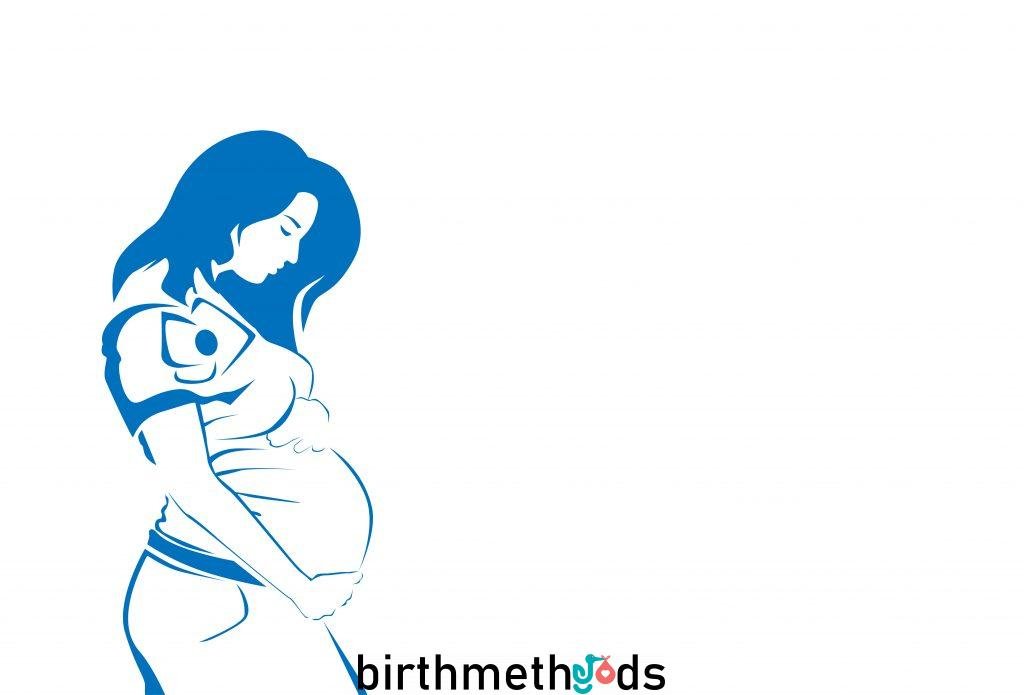Pregnancy can become a very difficult process physiologically. We are talking about a time when the female body was reprogramming itself. These physiologically observed changes can also indicate a mentally very challenging process. Because hormonal irregularities have prepared the right environment for this. Tummy tightness during pregnancy is perhaps one of the most common and common symptoms.
It is observed more clearly in the first childbirth than in women who have given birth before. The reason for this is very simple. A baby is now growing there, which under normal conditions is not in the abdominal cavity. There are also some hormonal and life cycle-related changes in the female body. As all of this is gathered, it exerts downward pressure on the abdomen. Because of this, abdominal tightening occurs during pregnancy.
Why Does Your Belly Get Hard During Pregnancy?
Of course, the hardening of the abdomen during pregnancy can be explained by the growth of the baby in this area. However, if we look at the medically observed reasons for this, we come across many alternatives.
- Baby skeletal development
From the first months, the baby starts the growth phase by forming its organs and ribs. This process lasts until the 40th week. After a while, the rate of growth accelerates so much that the pressure felt in the abdomen reaches the maximum point.
At this stage we can consider criteria such as maternal weight before pregnancy and weight gain during pregnancy. Even Hardening of the abdomen during pregnancy It is directly related to the mother’s weight. In very thin pregnant women, the erection can already be felt in the first few months. This process is being experienced and felt in pregnant mothers-to-be over the last few months.
Uterine sizes change during pregnancy. The growing uterus doesn’t play a big role in the 1st trimester. But in the 2nd and 3rd trimester it expands with a very rapid acceleration. This expansion puts pressure on the abdominal region and the abdominal wall begins to harden from the pressure.
Many ancillary factors can explain abdominal stiffness. These can include improper contractions, the digestive system not working properly, inability to soothe the baby’s feeding or position.

Recommendations for abdominal tightening during pregnancy
It is not possible to talk about reference values about the process of abdominal stiffness in pregnancy. It can be observed in the first trimester in weak mothers, in the last trimester in overweight mothers, and generally in the second trimester. It is normal for these periods to occur during pregnancy.
You can spend this process more comfortably by taking a warm shower, changing positions and increasing fluid consumption during the processes, if you feel the increase in pressure during hardening. In addition, a magnesium tablet is recommended by the doctor for some pregnancies. However, for such uses, it is highly recommended to consult your doctor and use it with a prescription. Any dietary supplement or drug you take may be more harmful to your unborn baby than to you.
Is Tummy Stomach Risky During Pregnancy?
Since the complaint of abdominal stiffness during pregnancy is very common, it is considered a common symptom by women. Therefore, it is quite natural at this point for women to wonder at what stage a risk factor exists and to be sure if the baby’s health is at risk.
For almost everyone, the problem of abdominal hardening in pregnant women should be considered a standard. However, for this to indicate that something is wrong, some side effects must be observed and increase in severity. If there is a high-risk pregnancy, your doctor will tell you about this situation. However, if you experience unbearable pain with abdominal stiffness, if abdominal stiffness causes you to have trouble breathing, and your abdominal stiffness keeps increasing, it is imperative that you see your doctor.
Our previous post What is a Colic Baby? How is it Understood? 3 Treatment Methods in our article baby, colic ve coming information about.














